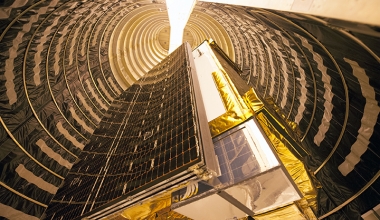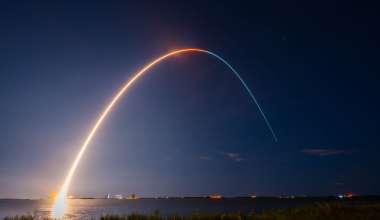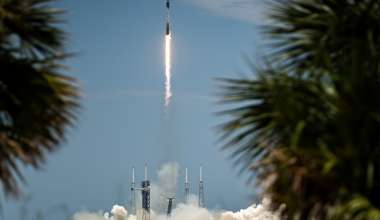The Vehicle Systems Division (VSD) provides engineering solutions to the nation’s vehicle system challenges when and where they are needed. VSD’s work spans innovative research and development; technical evaluations during the acquisition process; conceptual and detailed design; assembly, integration, and testing; and operational support to launch and space vehicles. Composed primarily of highly trained mechanical and aerospace engineers, VSD provides national expertise in a broad array of fields.
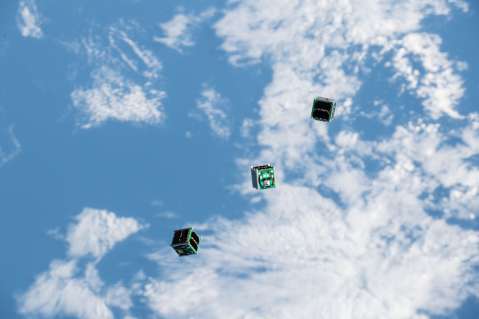
Small Satellite Prototyping and Integration
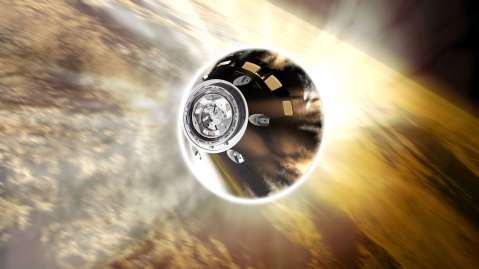
Thermal Control
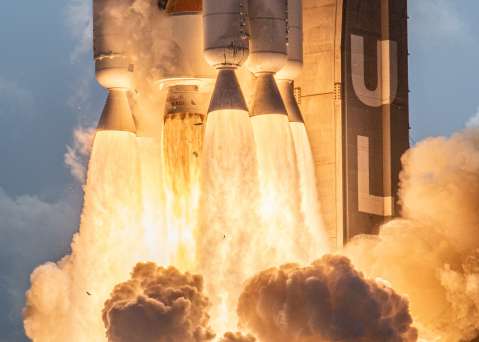
End-to-End Performance Simulation

Autonomous Control Systems
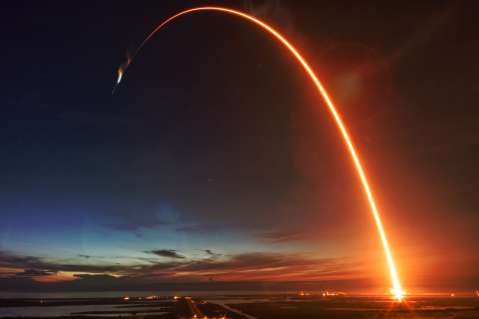
Trajectory Design and Optimization
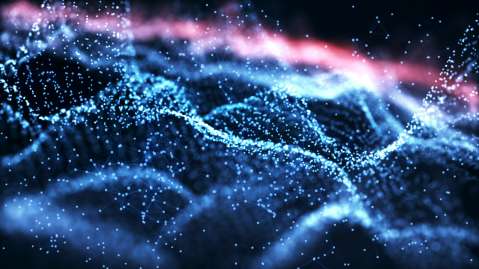
Vibroacoustic Analysis
All Aerospace employees working in organizations with technical responsibilities are required to apply for and maintain at least a Secret clearance. U.S. citizenship is required for those positions.
Equal Opportunity Commitment
The Aerospace Corporation is an equal opportunity employer. All qualified applicants will receive consideration for employment and will not be discriminated against on the basis of race, age, sex (including pregnancy, childbirth, and related medical conditions), sexual orientation, gender, gender identity or expression, color, religion, genetic information, marital status, ancestry, national origin, protected veteran status, physical disability, medical condition, mental disability, or disability status and any other characteristic protected by state or federal law. If you’re an individual with a disability or a disabled veteran who needs assistance using our online job search and application tools or need reasonable accommodation to complete the job application process, please contact us by phone at 310.336.5432 or by email at peoplemangmnt.mailbox@aero.org . You can also review Know Your Rights: Workplace Discrimination is Illegal, as well as the Pay Transparency Policy Statement.

